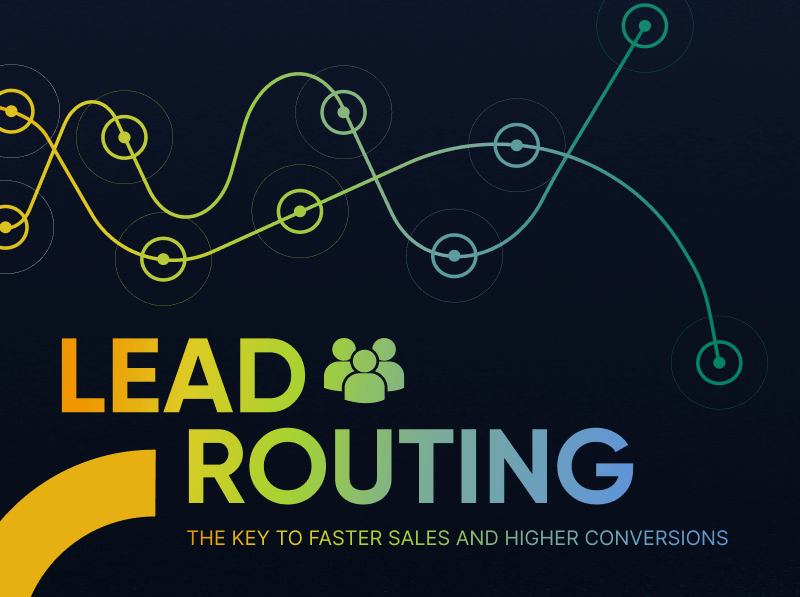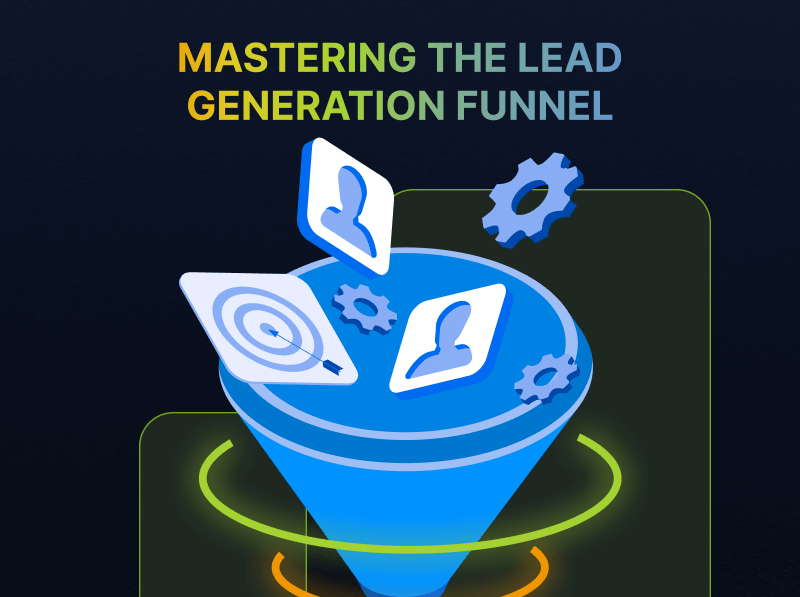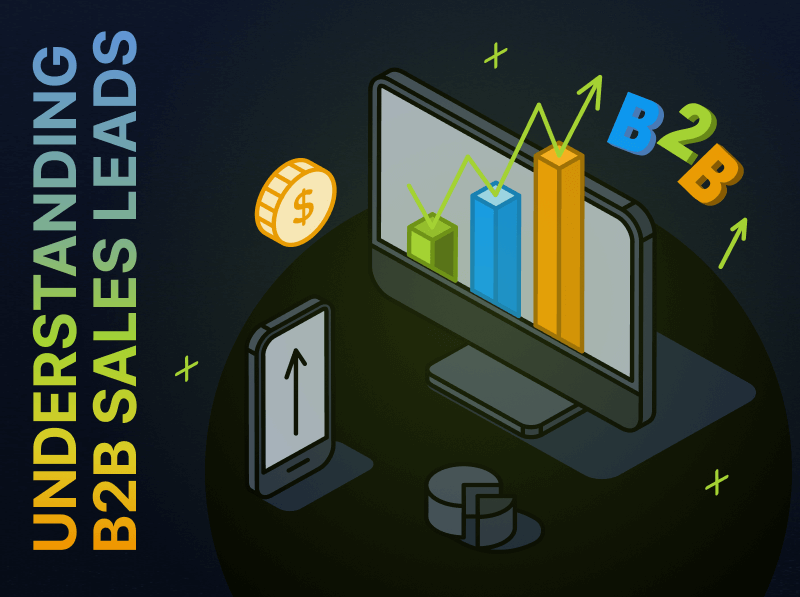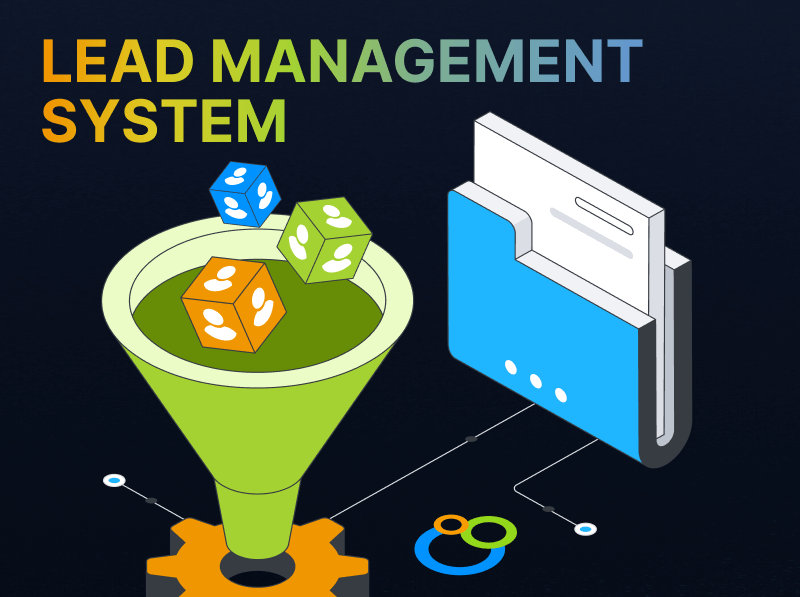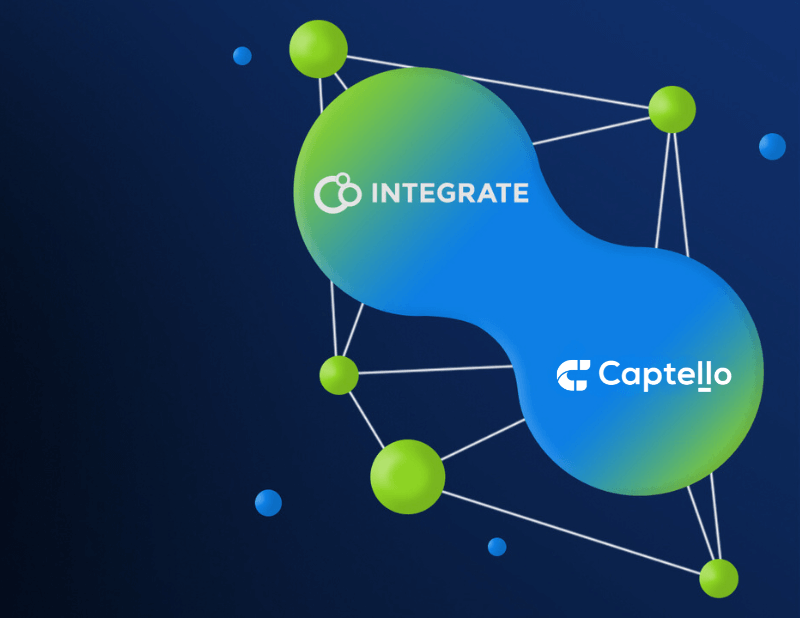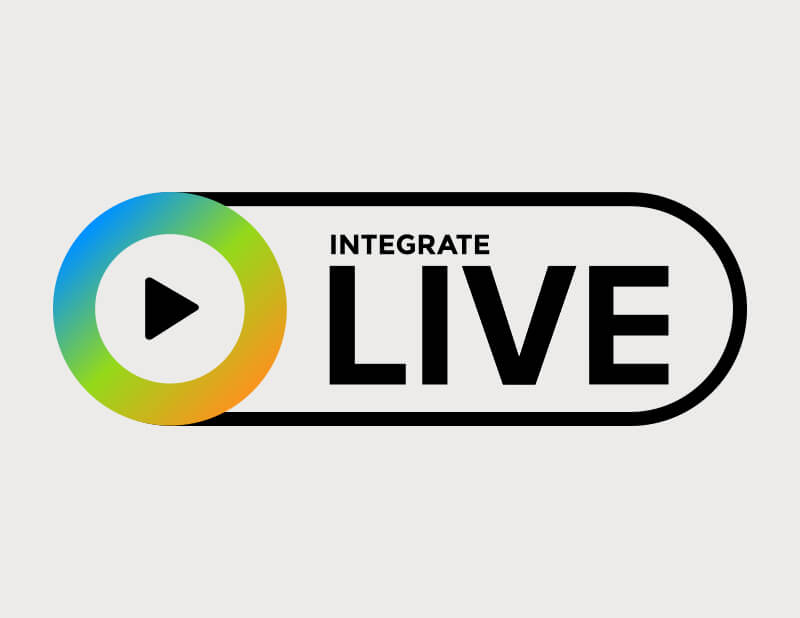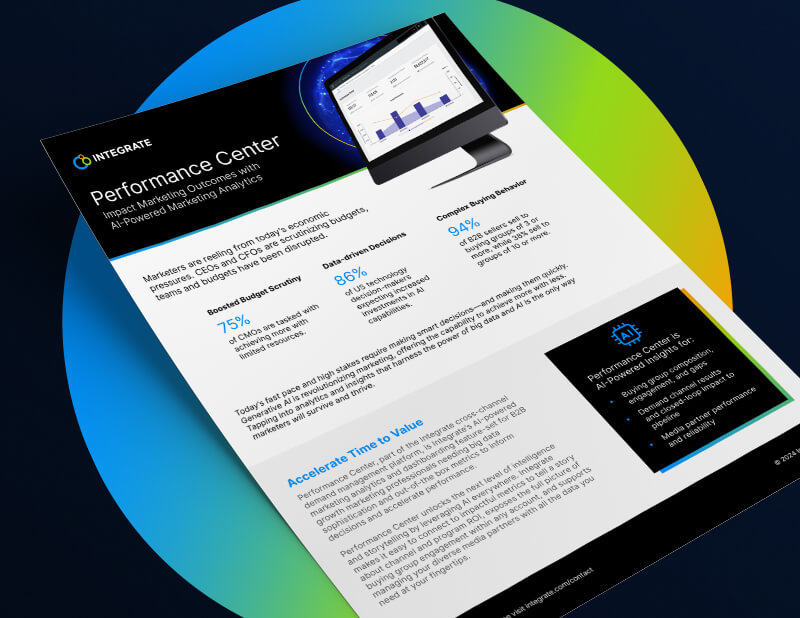CMO Viewpoint: 5 Takeaways from Forrester B2B Summit 2021 that I am 100% On Board With
Last week, my team and I attended the virtual Forrester B2B Summit, formerly the SiriusDecisions Summit. I have long been a SiriusDecisions disciple, and the summit has always been one of my favorite in-person conferences. But this year, like last, it was, of course, virtual. We had a virtual booth, we watched sessions and networked from our laptops at home, we made small talk in the virtual chatroom, and my friend and colleague, Scott Vaughan, spent time with one of our customers, Leslie Alore at Ivanti, to talk about their shift to Precision Demand Marketing.
On the one hand, it was second nature to attend a virtual event after a year of nonstop Zooms and Slacks. But on the other hand, the virtual event experience is also a relentless reminder of what’s changed in our world and how we, as B2B marketers, must adapt. It’s no surprise that this year’s conference touched upon themes of change and acceleration. Here are 5 takeaways from the summit that I couldn’t agree with more.
1. It’s a new era of B2B marketing
No doubt, we’ve entered a brave new world for B2B marketing. The COVID pandemic has accelerated everything because of the intervention of technology, and B2B is no exception. From comparisons to the post-plague Renaissance that Forrester analysts Lori Wizdo and Jennifer Ross discussed, to tech journalist Kara Swisher’s references to the Roaring Twenties in the aftermath of the 1918 flu pandemic, it’s clear that B2B marketing is forever changed, and we must shift our mindsets to adapt to our new world.
2. B2B buying is increasingly complex
Today’s B2B buyers are doing more due diligence than ever. They have ready access to information to make a purchase decision from anywhere with an Internet connection, and at any time. In fact, analysts Beth Caplow and Barbara Winters unveiled that the total number of interactions has jumped by 10 interactions, from 17 in 2019 to 27 in 2021. Add to that the ever-growing complexity of buying groups that increasingly include c-suite officers and finance, and it’s no wonder purchase timeframes are becoming longer. This is why marketers need to orchestrate touchpoints across all channels. We need to precisely deliver personalized, meaningful experiences to the right buyers at the right time.
3. The buyer’s process is the only process
There’s only one process that matters – the B2B buyer’s process. Today, that process is changing, and we must change and adapt alongside it. We can no longer get by on marketing-driven vanity metrics or merely aligning with sales teams. We need to create experiences that are connected, aligned, and personalized to a buyer’s needs and preferences. We need to build relationships centered around our customers’ needs. We need to build trust.
4. Demand and ABM are converging
In today’s world, we can no longer think of demand and ABM as separate functions with separate people, processes, and technology. As silos, neither strategy will drive enough or the right kind of pipeline that contributes to revenue. Marketing needs to be ready to respond to both known and unknown buyers and accounts that are in market for our products and showing intent. We need the flexibility to adapt strategies and tactics to align with our buyers. We need a buyer-driven, omnichannel, precision demand marketing approach. And the stats back it up. Analysts Bob Peterson and Steve Casey demonstrated that more than half of B2B organizations anticipate a future where demand and ABM are aligned.
5. Marketing teams will need to break down silos and evolve
What does all this change mean for marketing teams? In this new era of B2B, marketing has a new mandate and it’s to create value and become the creators of our organization’s future. It also means that marketing teams will have to adopt a broader range of skills. No longer is it enough for an event marketer to just plan events, or demand gen professionals to just drive leads. I spend a lot of time talking with marketing leaders about this very subject and it’s one that perplexes us all. Marketing teams need to collaborate across channels to accelerate demand activities and orchestrate personalized, relevant experiences for buyers. This collaboration is key to continued innovation and growth to move beyond enablement to leadership.
The key takeaway in all these market shifts? We need to change up our perspective and put our buyers first. We need to be more precise, connected, and agile. We’re at an inflection point in our B2B marketing journey as we embark on this century’s Roaring Twenties. Buyers are changing and so must we.
It’s an exciting time to be a B2B marketer and I can’t wait to see how our industry grows and evolves.

